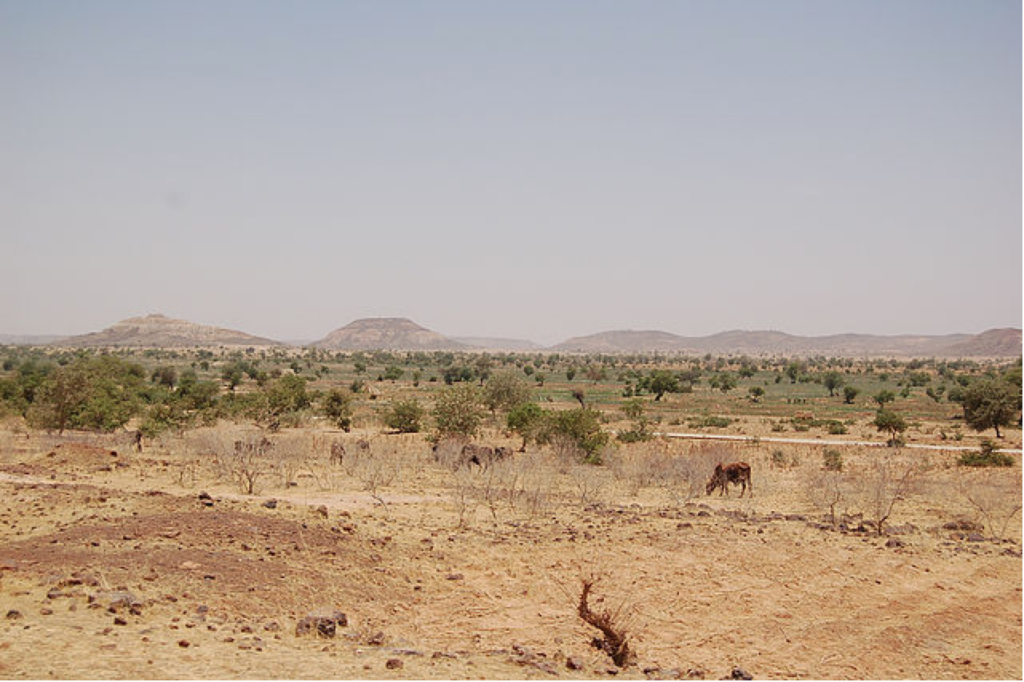
To Deal with Environmental Problems
“Our common goal is the improvement of the quality of life for all, both now and for succeeding generations…. To deal with the social, economic and environmental problems, we must achieve zero population growth within the lifetime of our children.â€Â
Joint statement signed by 58 of the World’s Scientific Academies                 (1994, before ICPD)
Last month I wrote about the International Conference on Population and Development that took place in Cairo, Egypt, 25 years ago. That experience inspired me to increase my activism on population and to start writing these essays.
The primary thrust of ICPD was to turn the global focus away from population and to bend it toward reproductive health. This change was in reaction to the dark side of some past population programs: coercive tactics to get people to accept family planning—especially sterilization. Although the goal was to be more humanitarian, it may backfire.
After reading my November column on ICPD, a doctor whom I respect highly chided me. Dr. Malcolm Potts wrote “Richard, I was also at the ICPD, which I thought at the time – and continue to think – was a step backwards.â€
Feedback
       I appreciate the many comments I receive on my population essays. They help to inform and inspire me as well as keep me honest. Although I gave a positive slant to ICPD last month, I have to agree with Dr. Potts—that conference seemed to ignore that the world was already overpopulated 25 years ago.
           Another friend who was also there wrote: “I gave a paper on population issues and the unsustainability of current levels of population growth. …the attendance was light and nobody really cared.â€Â Although the rate of growth has decreased in the intervening quarter century, we have gained over 2 billion more people. The climate crisis is evidence that our planet is even more overpopulated
            No place reflects the failure of ICPD more than sub-Saharan Africa, and especially the Sahel. It is a band across the center of Africa that has barely enough precipitation to support life. The land is overgrazed already and people are degrading the environment even more. Despite this, some of the world’s highest population growth rates are in the Sahel. The average woman in Niger (one of the Sahelian countries) will bear 7 children during her lifetime!
           Combine the area’s aridity and fast population growth with climate change and you have a recipe for a potential disaster. Add military conflicts and hundreds of thousands of refugees and things look even worse. Already many countries in the Sahel depend heavily on foreign aid for food, but that is not sustainable.
           Developments in the Sahel reminds me of what happened in a country a bit to the south. People in Rwanda had killed each other shortly before ICPD. Although ethnic and political causes are usually cited as the reasons of this genocide, another theory makes sense to me. James Gasana’s “Remember Rwanda†in World Watch magazine paints a different picture. As a former Rwandan Minister of Agriculture and Environment, Gasana felt hunger due to overuse of resources fueled that violence.
           I am alarmed by an article published November 2019 in the journal Nature, “Avert catastrophe now in Africa’s Sahelâ€. Already there are thousands of people escaping Africa to Europe. We may see another genocide if crowding and conditions worsen in the Sahel.
4 suggestions to Prevent Catastrophe:
Invest in girls’ education and reconsider marriage laws. We all know that educating girls and women is one of the best ways to slow population growth—plus education is good in itself. What is less well known is that the norm in many places is for girls to be subjected to an arranged marriage when they are teens or younger.
Expand access to family planning. I spent time in Northern Ghana where large families are common. A program to increase access to family planning did little to slow growth. Why? Apparently the people there are loath to discard traditions and benefit from small family size. Organizations such as the Population Media Center could help change old practices.
Increase agricultural production. No till farming, mulching and techniques of water harvesting can increase production markedly.
Act now. The best chance to slow emigration from the Sahel and prevent disaster needs international aid to act quickly. However, the Sahel would be less likely to explode if ICPD had focused more on population 25 years ago.
© Richard Grossman MD, 2019